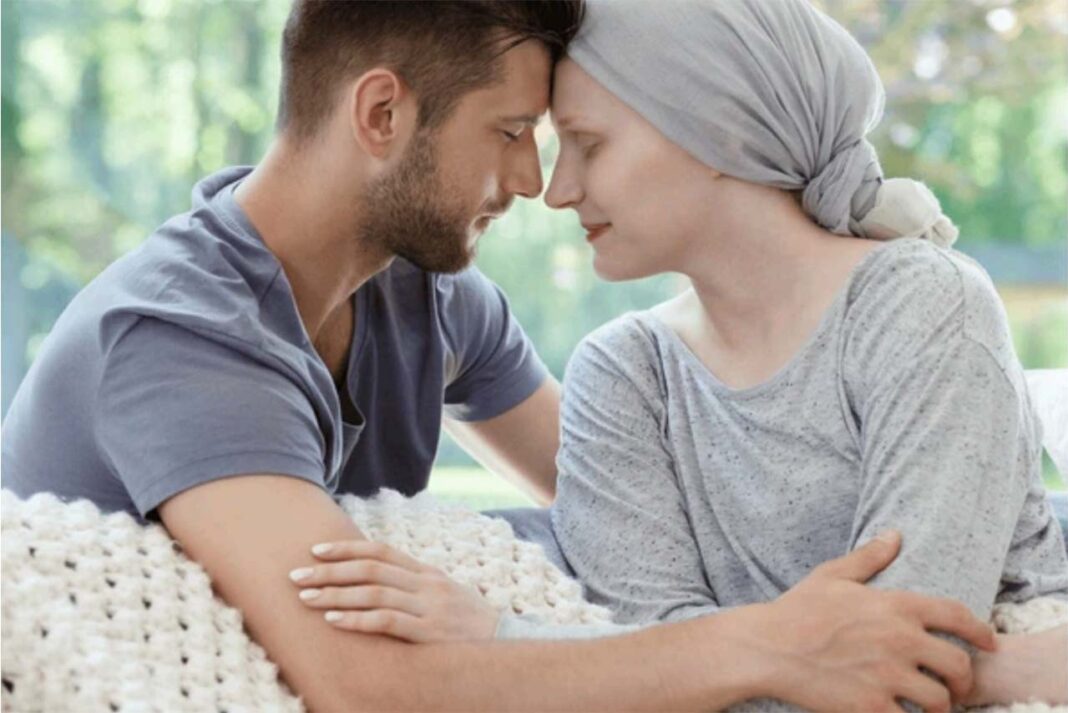Cancer and sexuality are deeply interconnected topics often overlooked during treatment. Cancer affects not only physical health but also psychological and social well-being. Both the disease and its treatment can alter the body, daily routines, emotional balance, and relationships. These changes often extend to sexual life as well.
People diagnosed with cancer, along with their partners, may experience concerns and uncertainties about sexuality. It is important to remember, however, that most sexual difficulties during this period can be managed. With the right strategies, which I’ll discuss in this article, couples can support their relationship and rebuild intimacy and satisfaction.
Physical Effects on Sexual Life
Cancer treatments often influence hormone balance, energy levels, and libido. For example, in some cases, chemotherapy and hormone therapy can disrupt ovarian function in women, causing vaginal dryness, painful intercourse, and reduced sexual desire. In men, decreased testosterone levels may lead to erectile difficulties and lowered libido.
Surgeries can also change body image and self-confidence, while radiation therapy and certain medications may affect sexual comfort. The good news is that many of these challenges have solutions, and with proper support, individuals can adapt to these changes and maintain sexual health.
Psychological and Emotional Effects
A cancer diagnosis is a major source of stress. Fear, anxiety, and fatigue can lower sexual desire, and individuals may feel shy, inadequate, or self-conscious. Some patients or partners may even believe that sex is inappropriate during treatment or worry that it could be harmful.
Shifts in life priorities, emotional distance, or lack of communication can add to these difficulties. Yet sexuality can also serve as a valuable source of connection, helping couples cope with the challenges of illness.
Emotional intimacy during this time can strengthen relationships, allowing partners to find meaning and closeness even amidst uncertainty.
Impact on Relationships
The cancer journey affects not only the patient but also their partner. While sharing the patient’s experience, partners must also manage their own fears and anxieties. This can lead to reduced emotional closeness and decreased sexual desire.
However, mutual understanding, a willingness to find solutions together, and allowing time for each other are crucial for maintaining both emotional and sexual connection. Strengthening emotional intimacy through empathy and communication helps couples navigate these challenges together.
Support and Solutions
It is possible to maintain sexual health and enjoy a fulfilling sexual life during the cancer journey.
Seek Accurate Information and Consult Your Doctor
Remember that experiencing sexual health issues during cancer treatment is completely normal. Just as you discuss other health concerns, do not hesitate to talk to your doctor about any sexual difficulties. Find out whether any restrictions on sexual activity are necessary. Sometimes, even a simple piece of information can significantly improve the quality of your sexual life.
Explore New Forms of Intimacy
Non-sexual expressions of closeness—such as massage, hugging, or kissing—can strengthen emotional bonds. Instead of focusing only on intercourse, try different ways of connecting, discover new forms of affection, and find methods you both enjoy. This helps maintain your connection and enhances feelings of safety and trust with your partner.
Focus on the Process
Sexual experiences are often centered on outcome and satisfaction. Yet the moments you share—gentle touch, intimate gestures—can themselves be a source of pleasure. This approach makes it easier to manage expectations and enjoy the experience. Rather than aiming for a specific end goal, focus on the present moments of closeness and the enjoyment they bring.
Communicate Openly
Sharing your feelings, concerns, and expectations strengthens mutual understanding. Expressing your emotions and listening to your partner helps preserve emotional connection. Agree in advance to have open conversations about sexuality. If you need more time or a different approach, make sure to let your partner know.
Seek Physical Support When Needed
Lubricants, moisturizers, or certain medications and sexual health devices can improve sexual comfort and satisfaction. However, always consult your doctor before using any product.
Consider Professional Help
Professional guidance can help you manage this period more effectively, both individually and as a couple. Support from a psychologist or psychiatrist can also reduce the effects of anxiety and depression.
Final Thoughts
The effects of cancer and sexuality vary from person to person. What matters most is accepting that these changes are normal and not hesitating to seek support when needed. Individuals may sometimes believe that the problems they experience are an unavoidable part of the process and have no solution.
However, even though the body and desires may change, this does not mean that sexual life must come to an end. With small adjustments, solutions tailored to your body and your relationship, and open communication, it is possible to maintain a satisfying sexual life.
Reference
Burcak Eris S, Celayir OM, Senocak Tasci E, Sertdemir I, Er O. Turkish Adaptation of QLQ-SH22 Quality of Sexual Life Assessment Scale in Cancer Patients – Validity and Reliability Study. Med Bull Sisli Etfal Hosp. 2024;58(4):468–476.


